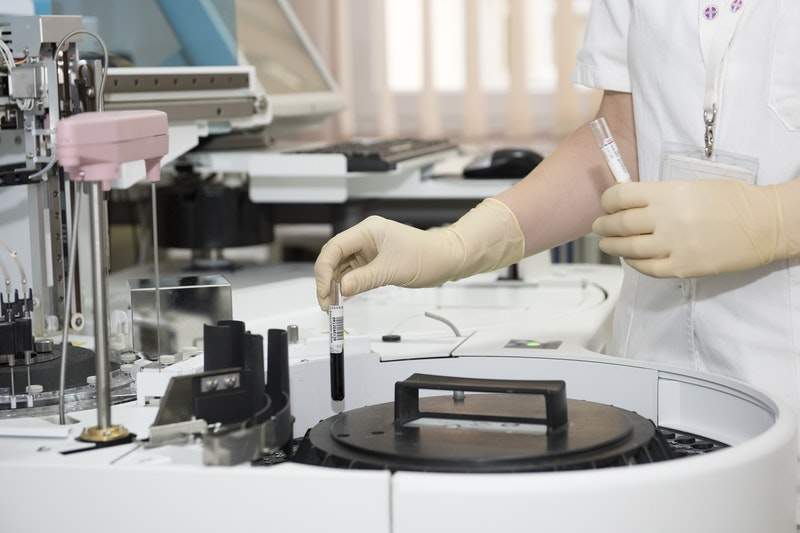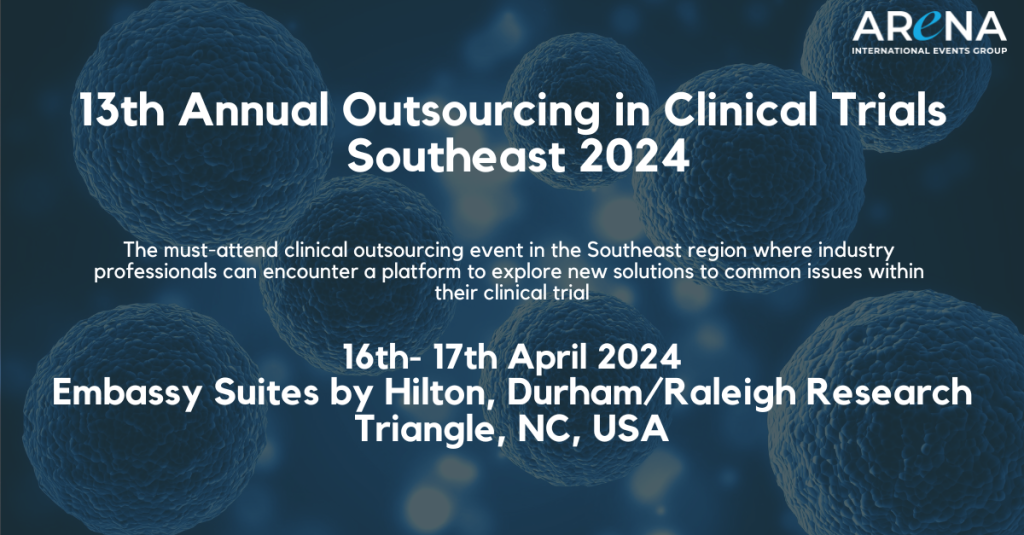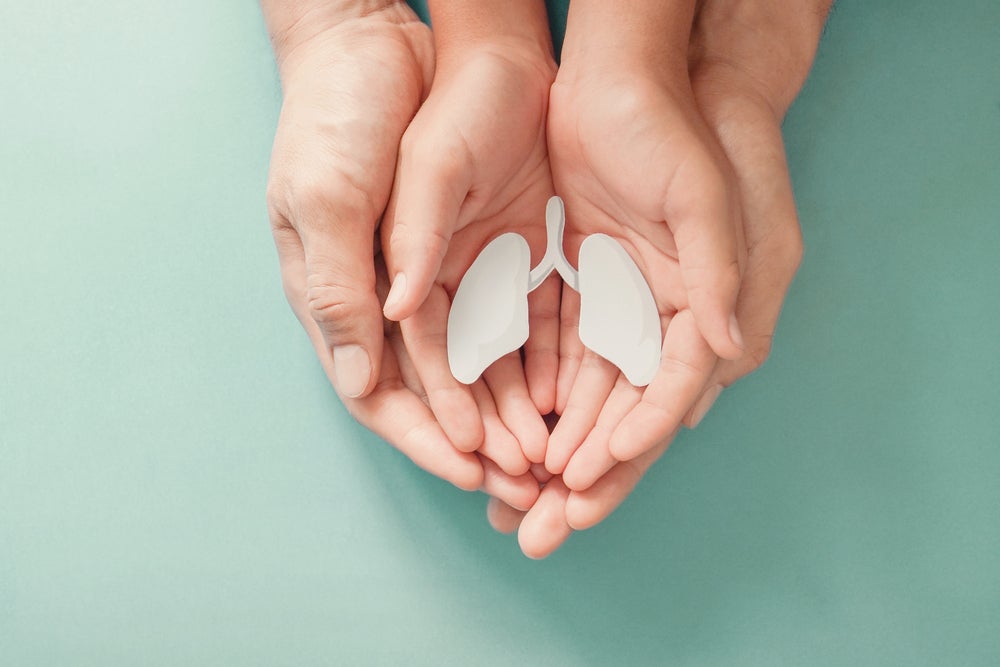
The Orphan Drugs & Rare Diseases Global Congress 2018 Europe featured a discussion on real-world evidence (RWE). The discussion, led by Maryna Kolochavina, explored topics including the current RWE trends in the regulatory landscape, data access, patient-centricity and RWE data implementation in the drug development process.
Global healthcare expenditure is increasing. In the US, the healthcare spend accounts for approximately 18% of GDP; despite this, pharmaceutical expenditures represent less than 2%. By 2020, global spending on medicines is forecasted to grow from about $1tn to $1.4tn. An average of one third of the world’s population took one medicine per person per day in 2005, which is expected to increase to 50% or more in 2020. Moreover, there will be 225 new drugs coming to market, with about a third aimed at cancer. As such, governments and healthcare payers will continue to face enormous cost and capacity challenges. Together, these trends heightened a demand for the inclusion of RWE within drug development clinical trials to support reimbursement and market access.
Currently, good drug launches only account for about one third of drugs while two thirds of drug launches fall short of expectations, emphasising the importance of an integrated medical plan that addresses hurdles to access ahead of time. Such a medical plan should allow for early involvement of RWE in clinical trials (Phase II) and the medical affairs evidence plan.
RWE to support a healthy pipeline
In the US, the passing of the 21st Century Cures Act was an important milestone in FDA drug approval. One of the main goals is to require the FDA to apply RWE, which is assessed by framework and guidance, to support approvals of new indications for previously approved drugs and to support or fulfil post-approval study requirements. Also, such a framework needs to be implemented within two years after the enactment date. It is hoped that the Cures Act will speed up drug discovery, development, and delivery of treatments. Expedited approvals using RWE are on the rise; examples include avelumab for metastatic Merkel Cell tumor and durvaluman for bladder cancer.
In Europe, PRIME is a scheme launched by the EMA to increase support for the development of medicines that target an unmet medical need. It is built on enhanced interaction and early dialogue with developers of promising medicines, in a bid to improve development plans and accelerate assessment such that these medicines can reach patients earlier.
Continuous development of a framework for RWE regulation will require more complete, accurate and validated data. As such, there is a crucial need for continuous investment to develop new clinical data and novel technologies. Changing trends in RWE means that we will also see a shift to increasingly patient-centric healthcare systems that require more effective sponsor-CRO partnerships to enhance and speed up drug development.
How well do you really know your competitors?
Access the most comprehensive Company Profiles on the market, powered by GlobalData. Save hours of research. Gain competitive edge.

Thank you!
Your download email will arrive shortly
Not ready to buy yet? Download a free sample
We are confident about the unique quality of our Company Profiles. However, we want you to make the most beneficial decision for your business, so we offer a free sample that you can download by submitting the below form
By GlobalData







Related Company Profiles
RWE AG
Prime